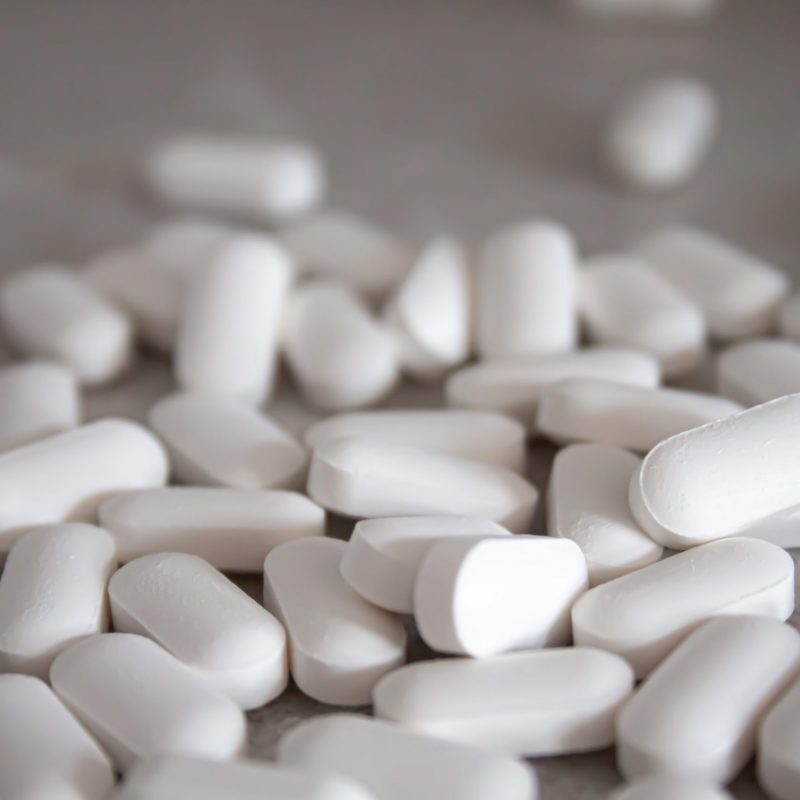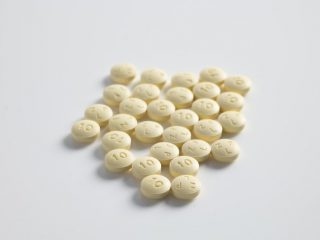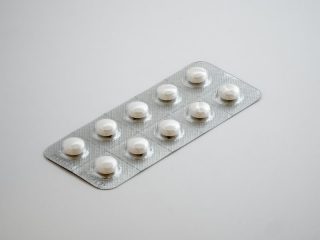Medication-Assisted Treatment
Medication-Assisted Treatment for Drug and Alcohol Addiction
Reaching out to someone for help can be intimidating and scary. By using our Medication-Assisted Treatment programs near Fort Lauderdale, Florida, we can guarantee you that our professionals will work overtime to ensure that you have the absolutely best detox process as possible. You may wonder what addictions may qualify for Medication-Assisted Treatments and we are here to answer your questions.
If you are someone who is dealing with a very serious addiction, such as alcohol, heroin, or other opioids, you may have done some research into treatment for your addiction and found out about medication-assisted treatment. Many people find the idea of treating an addiction with a different, often similar, medication to be a strange, even concerning idea. But the fact is that medication-assisted treatment, or MAT, can actually be a very powerful and effective tool for those with alcohol or opioid addictions. It provides relief from the worst of withdrawal and detox symptoms, and can help you maintain your sobriety in the long-term.


Withdrawal symptoms will vary depending on what opioid you are abusing, how long you have been using it, and how much you usually take. In order to combat these symptoms, rehab centers often use opioid/heroin detox medications. These help reduce symptoms and cravings, making it easier to stay clean. The most commonly used medications include:




For serious alcohol addictions, an additional risk is delirium treatments, or DTs. The side effects of DTs can include seizures, hallucinations, and psychosis. These can be very serious and even life-threatening, which is why getting help from a rehab center is very important. In order to help treat alcohol withdrawal, rehab centers offer alcohol detox medications. These can include:



Since the side effects of stimulant withdrawal affect your mood and emotions, it can lead to a higher risk of self-harm or even suicide. While there are designated medication to treat stimulant withdrawal, detox centers typically prescribe antidepressants, anti-anxiety medication, or muscle relaxers to help clients relax and regulate their moods.
Seek Help at a Detox Facility
While it may be tempting to try and detox at home, it simply is not the best choice. Not only are you far more likely to relapse, you are also at risk of not getting help if you have a medical emergency. Rehab facilities have many different tools at hand, including MAT programs, to help you detox safely with fewer withdrawal symptoms and give you a much better chance of staying sober long-term.